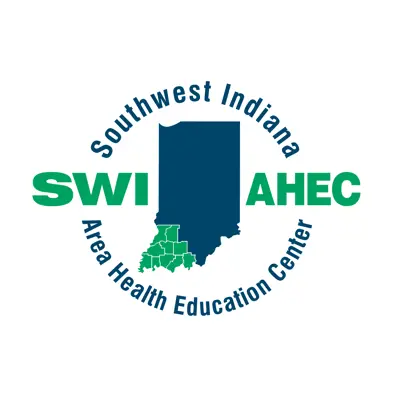
Southwest Indiana AHEC leads charge for additional Sexual Assault Nurse Examiner training
October 2, 2018
According to the Centers for Disease Control and Prevention (CDC), one in five women in Indiana will be victims of sexual violence. Research has shown that medical facilities with Sexual Assault Nurse Examiner (SANE) programs provide better victim care and forensic evidence collection, but not all nurses have had access to this training. Southwest Indiana Area Health Education Center (AHEC), hosted by the University of Southern Indiana in Evansville, Indiana, has received a three-year grant worth more than $1 million from the Health Resources and Services Administration (HRSA) to expand professional development opportunities for SANE nurses practicing in rural and/or underserved communities in Indiana.
The Indiana SANE Training Project will collaborate with existing didactic courses (both adult/adolescent and pediatric/adolescent) to provide funding for targeted nurses to participate in these trainings. In addition, the project will expand clinical training opportunities for nurses to improve clinical competence and confidence to ensure high quality forensic medical care to victims of sexual assault.
Key partners in the project include the Indiana Emergency Nurses Association, the Indiana AHEC Network, the Indiana Prosecuting Attorneys Council and Albion Fellows Bacon Center (rape crisis center). In addition, the Indiana State Police Crime Lab will provide expertise and guidance to the project and its activities.
The Indiana AHEC Network has established collaborations with the Indiana State Department of Health, Indiana Center for Nursing, Indiana Rural Health Association, Indiana Hospital Association, Indiana Minority Health Coalition and the Indiana Public Health Association, which will strengthen networking across Indiana, according to Jane Friona, executive director of Southwest Indiana AHEC.
"The project will increase the number of qualified SANEs in rural and/or underserved communities, and it will also provide funding for professional certifications and recertifications, as well as activities and education to promote retention and self-care for these professional nurses," she said.
Friona said the primary barriers identified for nurses to obtain SANE training is the cost and time required. "This project includes funding to assist with expenses related to the lengthy trainings, and it also brings trainings into the rural and/or underserved communities, which should positively impact the time required for the trainings because travel time is reduced," she said. "In addition, with a strong focus on increasing clinical trainings, the ability of the nurse participants to achieve and maintain clinical competency will improve."
During the three-year project period, the Indiana SANE Training Project will work toward three primary goals:
- Increasing evidence-based, effective training of SANEs and forensic nurses working in rural and/or underserved communities to ensure competence in the care of sexual assault victims.
- Supporting professional development of forensic nurses in rural and/or underserved communities in Indiana.
- Improving the collection of data related to SANE programming in Indiana to guide future decision-making and programming.
The Health Resources and Services Administration (HRSA), an agency of the U.S. Department of Health and Human Services, is the primary federal agency for improving health care to people who are geographically isolated, economically or medically vulnerable.
Email Jane Friona at jefriona@usi.edu to be involved with the grant project or for more information.
HRSA Statement:
This project is supported by the Health Resources and Services Administration (HRSA) of the U.S. Department of Health and Human Services (HHS) as part of an award totaling $1,057,644. The contents are those of the author(s) and do not necessarily represent the official views of, nor an endorsement, by HRSA, HHS or the U.S. Government.